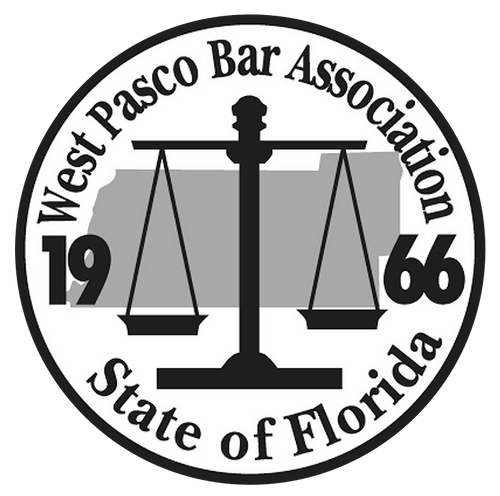The Probate Process for Out-of-State Heirs: What to Do if You Inherit Florida Property
Inheriting property can be both a meaningful gift and a legal responsibility. When that property is located in Florida but the heir lives elsewhere, the process often becomes more complicated. Florida has its own probate rules, and out-of-state heirs are frequently surprised to learn they cannot sell, transfer, or claim the property until probate is completed. Understanding what to expect can help you avoid delays, prevent legal issues, and protect the value of the estate.
Why Florida Probate Is Required
If the deceased person owned real estate or titled assets in Florida, the state requires a probate proceeding to legally transfer ownership. Even if the main estate is being handled in another state, Florida courts must oversee the portion of the estate tied to Florida property. This applies whether the property is a vacation home, rental condo, empty lot, or even a timeshare.
Probate ensures that the will is valid, outstanding debts are addressed, and the property is distributed to the correct beneficiary. Without it, title companies will not authorize a sale and the asset cannot be legally transferred.
Ancillary Probate vs. Formal Probate
Out-of-state heirs typically go through a process called ancillary probate, which is a secondary probate case opened in Florida while the main estate is settled elsewhere. In some cases, if the estate qualifies, a simplified version of probate may be available, but most real estate transfers require formal court involvement.
Hiring a Florida probate attorney is recommended because the personal representative, also known as the executor, is usually required to work with a licensed Florida lawyer. The attorney handles the filings, court communication, and required documentation so the heir does not need to attend hearings in person.
What Out-of-State Heirs Should Do First
If you have inherited property in Florida and live in another state, here are the first steps to take:
- Locate the will if one exists and determine who was named as the personal representative
- Contact a Florida probate attorney as soon as possible to review the situation
- Avoid making financial or legal commitments involving the property until probate is opened
- Gather documents such as deeds, property tax records, mortgage statements, and insurance information
A probate lawyer will help you understand whether ancillary probate is required and what timeline to expect.
Can the Property Be Sold During Probate?
Yes, Florida law allows the sale of inherited real estate during probate, but only after the court authorizes it. If there is a pending buyer, the attorney can request expedited approval so closing is not delayed. Many heirs choose to sell the property to avoid maintaining a home from afar, covering taxes and insurance, or managing tenants.
Common Challenges for Out-of-State Heirs
Heirs who live out of state often face issues such as:
- Unpaid property taxes or homeowner association dues
- Unknown creditors filing claims against the estate
- Disputes among beneficiaries regarding whether to sell or keep the property
- Delays caused by missing documents or unmanaged estate matters in the home state
Having an experienced Florida probate lawyer reduces these risks and keeps the process moving efficiently.
Your Next Step
If you have inherited Florida property but live elsewhere, the situation is manageable with the right legal guidance. A knowledgeable Florida probate attorney, such as those at Lyons Law Group, will streamline the process, communicate on your behalf, and help you make informed decisions about the property whether you plan to keep it, transfer it, or sell it. To learn more about how we can help, contact us today.





